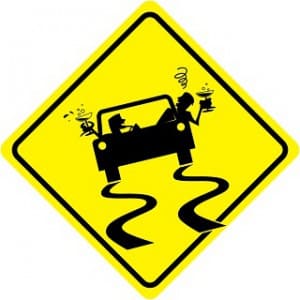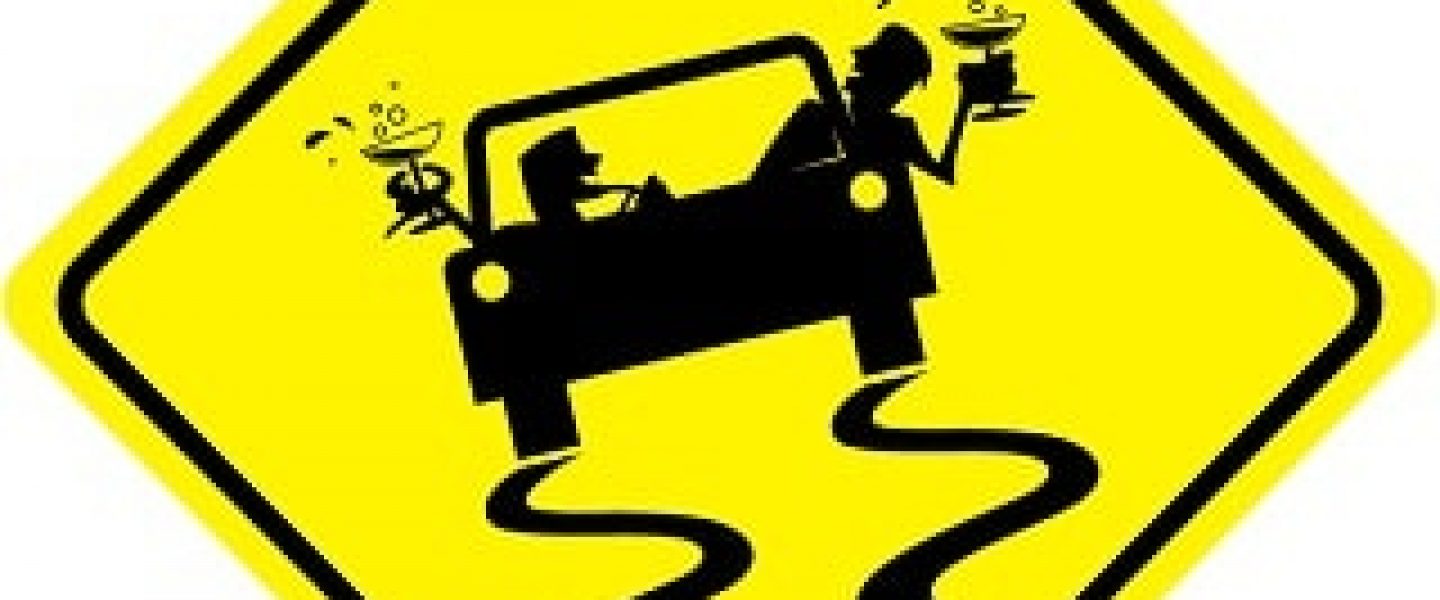 By Paul Armentano, NORML Deputy Director
By Paul Armentano, NORML Deputy Director
The passage of medical cannabis laws is associated with a reduction in the public’s consumption of alcohol and with fewer incidences of alcohol-related traffic fatalities, according to data published in the Journal of Law and Economics.
Investigators at Montana State University, the University of Oregon, and the University of Colorado assessed data regarding both alcohol consumption and traffic fatality rates for the years 1990 to 2010.
Authors wrote: “Using individual-level data from the Behavioral Risk Factor Surveillance System (BRFSS) …, we find that MMLs (medical marijuana laws) are associated with decreases in the probability of [an individual] having consumed alcohol in the past month, binge drinking, and the number of drinks consumed.”
Researchers further acknowledged that this general decline in the public’s use of alcohol was likely responsible for a parallel decline in the number of alcohol-related traffic fatalities.
They wrote:
“Using data from FARS (federal Fatality Analysis Reporting System) for the period 1990-2010, we find that traffic fatalities fall by 8-11 percent the first full year after legalization. … Why does legalizing medical marijuana reduce traffic fatalities? Alcohol consumption appears to play a key role. The legalization of medical marijuana is associated with a 7.2 percent decrease in traffic fatalities in which there was no reported alcohol involvement, but this estimate is not statistically significant at conventional levels. In comparison, the legalization of medical marijuana is associated with a 13.2 percent decrease in fatalities in which at least one driver involved had a positive BAC level. The negative relationship between the legalization of medical marijuana and traffic fatalities involving alcohol lends support to the hypothesis that marijuana and alcohol are substitutes.”
Authors determined, “We conclude that alcohol is the likely mechanism through which the legalization of medical marijuana reduces traffic fatalities. However, this conclusion does not necessarily imply that driving under the influence of marijuana is safer than driving under the influence of alcohol. Alcohol is often consumed in restaurants and bars, while many states prohibit the use of medical marijuana in public. If marijuana consumption typically takes place at home or other private locations, then legalization could reduce traffic fatalities simply because marijuana users are less likely to drive while impaired.”
The abstract of the study, “Medical marijuana laws, traffic fatalities, and alcohol consumption,” is available free online here. NORML has several additional papers specific to the issue of cannabis and psychomotor performance available online here.
Source: NORML – make a donation



























